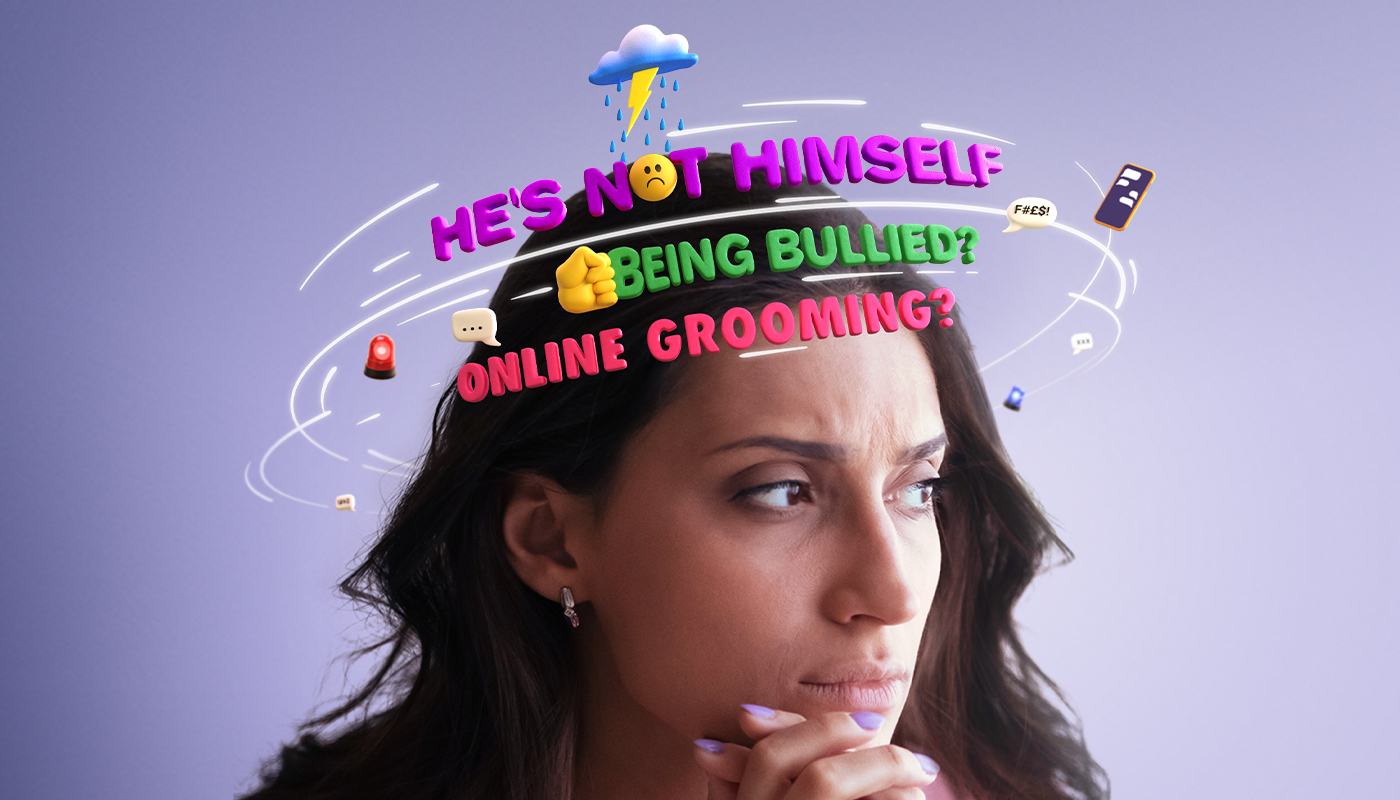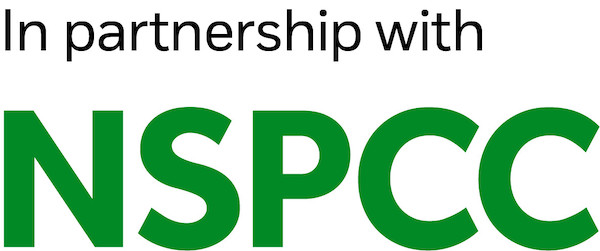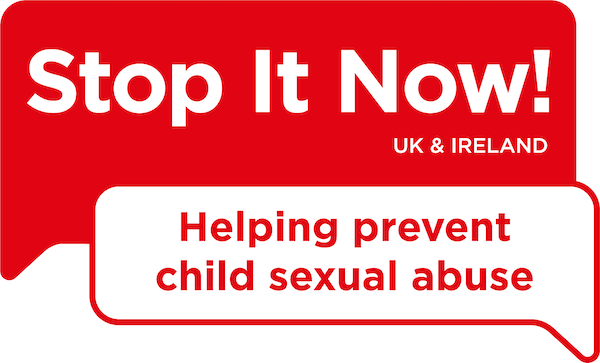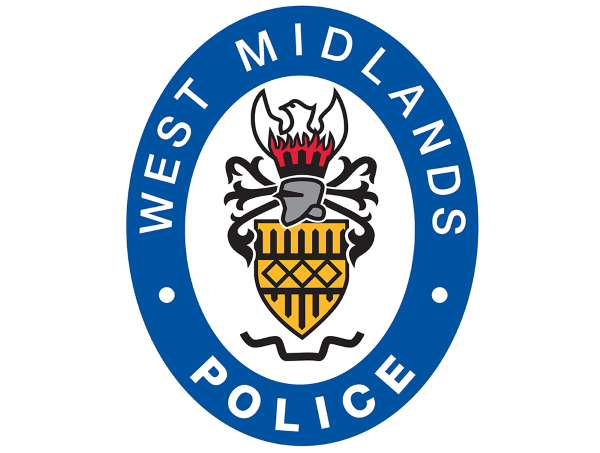As children get older and more independent, issues that affect them can be harder to spot and deal with.
Learning about potential dangers can give you the knowledge and skills to act if there is a problem. It could also help keep your child safe by preventing problems before they happen.
You know your child best, so if you’ve got a feeling something’s up – you’re right not to ignore it.
My child is acting differently
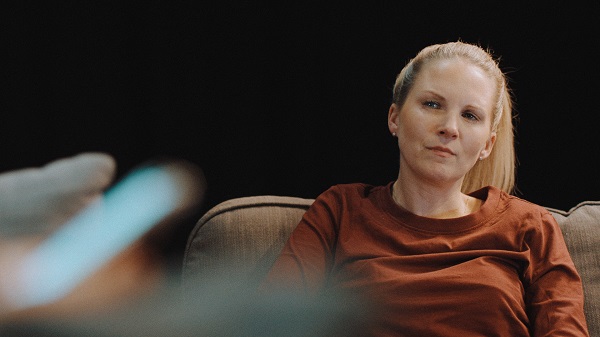
It’s not always easy to know the difference between typical ‘growing up’ behaviour and signs that something’s wrong.
It can be worrying if you notice a change in your child. It could be nothing, but it could mean that they need support. Your child may find it hard to tell you, so go with your gut.
Here are some of the common signs that could mean your child is facing an issue:
- becoming secretive or withdrawn
- a change in character
- repeatedly feeling ‘ill’ on school days
- a drop in performance at school or college
- having unexplained money or possessions
- regularly ‘losing’ lunch money or prized possessions
- suddenly leaving long-term friendship groups to join new ones
- a decline in confidence
- having nightmares or other sleeping problems
- knowledge of adult issues inappropriate for their age
A helping hand for parents and carers video
Watch the video for more information.
What could be wrong?
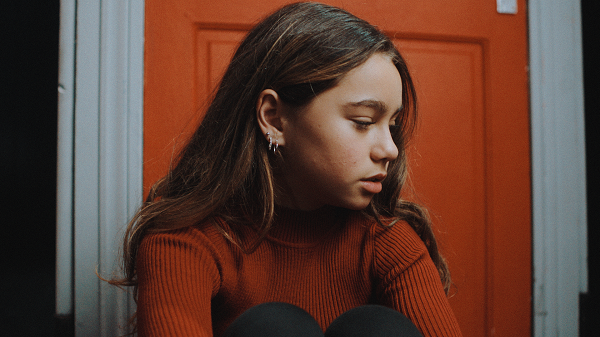
As children grow up, particularly when moving between primary and secondary school, they want to become more independent and experience new things. This could put them in a vulnerable position at times.
These are some of the issues you should be aware of so you can help keep your child safe or support them if they are already facing an issue:
- alcohol and drugs
- bullying
- child criminal exploitation and ‘county lines’
- child sexual abuse and exploitation
- exploitation by extremist or radical influences
- knife harm
- online safety
- sex and relationships
You might have heard about some of these issues but do not think that they would affect you and your family. But it is important for all parents and carers to know about them.
You can learn more about these issues or find out how to get support in the next section.
What can you do?
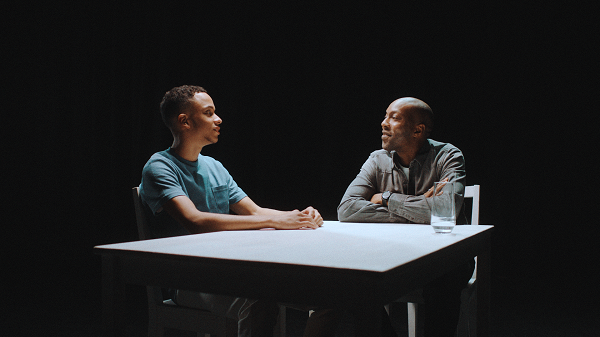
If you’ve noticed a change in your child’s behaviour, there are things you can do – such as starting a conversation or getting more support.
Start a conversation
Having regular and open conversations with your child will help you keep them safe and prevent future problems.
If you’re worried, it’s even more important to have an honest talk with them. It’s often the best first step to finding a resolution.
How you handle the conversation will depend on your child’s age and what you want to talk about. But it will always be up to your judgement.
Talking about tricky topics can feel difficult, but it doesn’t need to be. Often, it’s the best way to understand what your child is going through and show them that you are there to support them.
Visit the NSPCC website for help with talking about difficult topics.
If you are worried about a child
If you feel that a child is in immediate danger, call 999.
You can contact the NSPCC Helpline for support and advice if you are worried about a child’s safety or wellbeing. You can also report concerns to the police on their non-emergency number, 101.
Get information and support
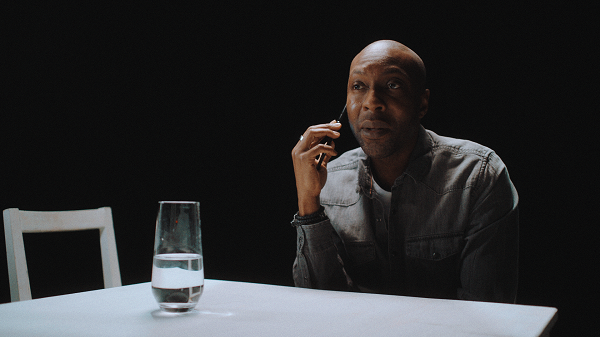
If you are worried about specific issues, resources and support are available to help you decide what to do next.
Alcohol and drugs
For guidance on young people’s consumption of drugs and alcohol:
If you are worried about a child or young person’s alcohol consumption:
- call Drinkline on 0300 123 1110
If you are worried about a child or young person’s use of drugs:
- visit Talk to FRANK – a friendly and confidential service that gives honest information and advice on drugs
Bullying
Get information and support if your child is being bullied:
Child criminal exploitation and county lines
‘County lines’ is a term used to describe the criminal exploitation of children for the purpose of selling drugs. For more information:
- read the NSPCC’s guidance on criminal exploitation and gangs
- download a guide about county lines from Unseen
If you are worried that a child you care for is involved in child criminal exploitation:
- call the Modern Slavery & Exploitation Helpline on 08000 121 700 for free, confidential guidance or advice
Child sexual abuse
Find out how to prevent and respond to child sexual abuse:
- read more about what child sexual abuse is from Parents Protect
- visit the government’s Stop Abuse Together website
- phone Stop It Now! on 0808 1000 900 or use their secure messaging service to talk about your concerns and find ways to help keep your child safe
If you are worried about your child being a victim of sexual abuse or grooming online:
- find advice on the National Crime Agency – CEOP parents and carers website
- make a report on the CEOP Safety Centre
Child sexual exploitation
Child sexual exploitation is a form of child sexual abuse that mainly affects young people during adolescence.
For more information:
Exploitation by extremist or radical influences
For more information:
- find out about the process of radicalisation at the Educate Against Hate Parents’ Hub
If you are concerned about your child or young person being exposed to radical influences:
- get support and advice from Action Counters Terrorism
Knife harm
For guidance on young people and knife harm:
- read the facts on knife crime or see guidance for parents and carers on knife harm from the Ben Kinsella Trust
- see the West Midlands Police’s Life or Knife campaign on why you should talk to your children about knives and knife crime
Mental health
Learn how to support children and young people who may be struggling with their mental health:
- NSPCC advice for children experiencing depression, anxiety or self-harm
- read about support for young people on the NHS website
If you need urgent help with a child or young person’s mental health issue:
- contact Parent Zone’s Shout crisis messenger by texting PARENTZONE to 85258 (free on UK major phone networks)
Online safety
See guidance on keeping young people safe online:
- Parent Zone digital family basics
- Parent Zone’s parent guides for online platforms used by children
- get a personalised digital toolkit for your family from Internet Matters and get advice on privacy and identity theft, online pornography and inappropriate content
Sex and relationships
To help you support your child and keep them safe:
- get advice from the NPSCC on sex and relationships
- read information and get advice from Internet Matters on sexting
Resources for children with additional needs
You can use all the guidance and support on this page if your child has additional needs, like special educational needs (SEND) or disabilities.
There are also more resources that may help you support your child or prevent them from being harmed:
- see the NSPCC’s Talk PANTS campaign
The NSPCC also offer tailored PDF versions of the Talk PANTS guides for:
- parents and carers of children with autism
- foster carers
- children with learning disabilities
- children with autism
They also offer a video version on YouTube for deaf children and parents/carers.
Visit Internet Matters’ advice hubs for guidance tailored to children and young people with additional needs:
- the Inclusive Digital Safety hub has information on children with special educational needs and disabilities, care experienced children and children who identify as LGBTQ+
- the Connecting Safely Online hub has advice on how children with SEND and disabilities can connect safely on social platforms
For support for foster carers and young people in care to talk about their online lives:
Other sources of support
You can also:
- contact your GP if you’re worried about your child’s health or wellbeing
- find contact details for your local authority children’s social care team
- speak to your child’s school if you are concerned – schools have a safeguarding responsibility for those in their care so they may be able to look at your child’s wellbeing and offer support to them in and around the school day
Partner organisations
The Home Office has created this website in collaboration with the following partner organisations.
You can find more support and advice on their websites.
